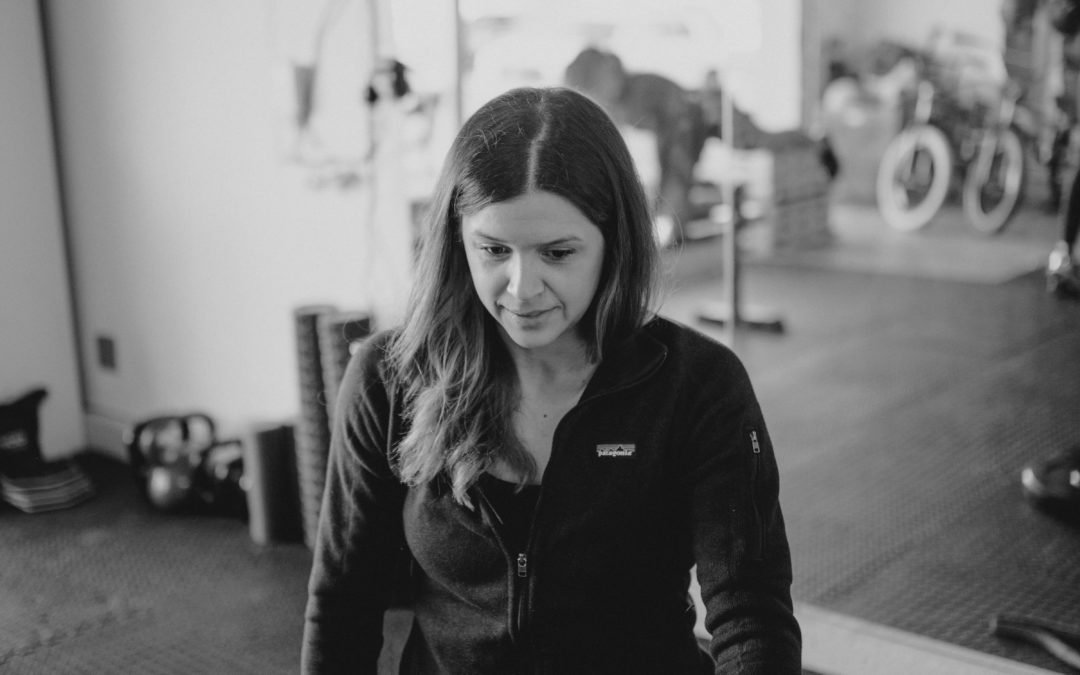#1 Your Postpartum Season
Perhaps you were cleared at the six-week mark, and you are eager to get back to your box gym, or your group fitness class. Contemplate what your body has just endured in pregnancy and birth, and consider the place it is now in. The fourth trimester are those precious twelve weeks after birth, where your job as a mother consists of feeding, changing, and caring for a baby while you manage to feed yourself, sleep, and practically care for yourself and possibly other members in your home. Some to ask to see if this is the right season to get back into a fitness routine might include:
-Are you sleeping at night?
-Are you breastfeeding?
-Are you done bleeding?
-Are you caring for other children along with this new baby?
-Are you managing stress well at this point?
-Are you having any pain, symptoms of incontinence, or vaginal heaviness post-delivery?
Fitness can indeed be self-care, but having a solid foundation in the other areas of your life can help fitness feel more like a joy than another burden.
#2 Reasons for Return
There are so many wonderful reasons for getting back into a fitness routine. Exercise not only helps boost our endorphins, but it boosts our immune system, helps us create and stick to routine, boosts our blood oxygen levels, and makes us a stronger woman. However, there are an abundance of reasons to hold off getting back to it just yet. Body image tends to be a big reason women hustle back to the gym too soon. Often times I hear phrase like, “ I need to get my body back”, “My core is so weak”, “I’m tired of being fat.” Bodies change drastically during pregnancy and into postpartum, and there is so much grace for the season. Taking some time to thank your body, and enjoy that it can grow life, and even sustain that life after birth can help put your mind at ease and not allow fat loss to be a priority just yet.
#3 See a Pelvic Floor Physical Therapist
Pregnancy and delivery can often alter the muscles of the core and pelvic floor, as can any trauma during birth. A pelvic floor PT is able to assess these muscular structures to determine any damage, tightness, or weaknesses that may be present, and help the patient back into a life without pain or symptoms. Pelvic floor PT’s also can assess the abdominal muscles, and are a great starting point to getting back into abdominal exercises. Our pelvic floor is a part of our core system, so giving it the attention it deserves up front can save us from a lot of issues in the future. If you do not have a pelvic floor PT in your area, there are many that do virtual sessions. Keep exploring your options before giving up!
#4 Too Much Too Soon?
You go to do your first set of box jumps, and that urgency to hit the restroom hits. You set off on that first jog and you suddenly are leaking urine. You set up for that back squat and a shooting pain hits your hip. The body tells us when we have done too much, too soon.
Incontinence is one way our body lets us know that the pelvic floor is not quite ready for that movement. This could urinary, gas, or fecal incontinence. Pelvic heaviness, difficulty inserting a tampon, or bulging of tissue in the vagina or rectum are other indicators that our body isn’t ready for certain movements. Pain is a final indication that we may need some new strategies, or a modified movement until we can work with a medical professional to help reduce and eliminate that pain.
Outside of physical symptoms, it is important to take note of how we feel mentally after a workout. Are my workouts feeling more like “I have to” than “I get to”? This along with drastic fatigue and painful muscle soreness are all signs that we may need to scale back our load and training frequency.
#5 Guidance to Returning Safely to Fitness
Finally, be encouraged to find a coach in your area or virtually who can help support you during this season. This may be a postpartum exercise specialist, or even a physical therapist who specialized in postpartum care and exercise. There are many online coaches with fantastic resources at your fingertips. You do not need to go it alone in this season. If you are currently working with a coach, be clear with your goals and needs in this season. A good coach cares about your longevity as an athlete, not about your PR. This is a season for slow progression, and remastering the basics. Contrary to popular opinion, in postpartum, SLOW IS FAST.
Not sure where to start? Download my free Restore Your Core guide!


